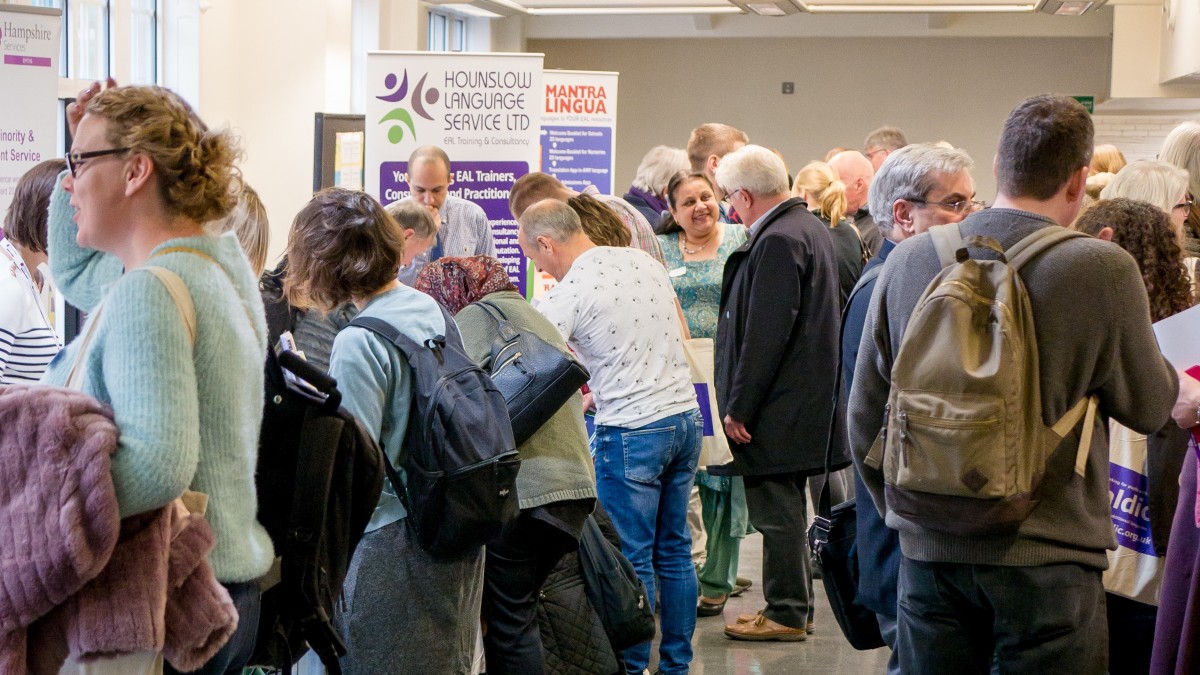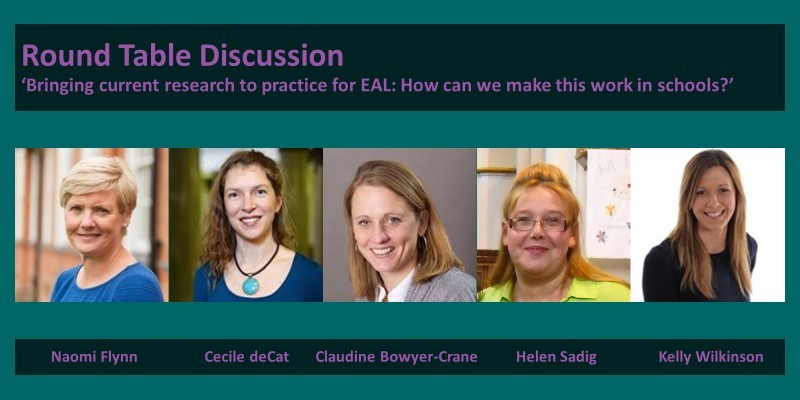Evidence informed practice for EAL
Our 26th Annual Conference
November 17th 2018 | Leeds Beckett University
Cloth Hall Court | Quebec Street | Leeds | West Yorkshire
#naldic26
NALDIC’s 26th annual conference considered how EAL practice in schools should be informed by academic evidence. The day provided an opportunity to network with other professionals in the EAL field and purchase resources exhibited by NALDIC and a selection of other publishers.
Keynote Speaker
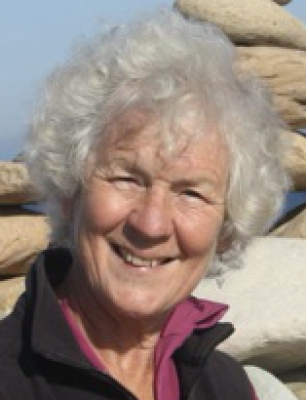 Jean Conteh
Jean Conteh
Visiting Fellow | University of Leeds
Evidence informed practice for EAL
who, what, where and when?
Access Jean’s Resources (Members)
Abstract
Based on her experience as a teacher and researcher in school and university contexts, Jean’s talk considers the kinds of research we need to ensure EAL learners reach their full potential in education. Concepts such as ‘Funds of Knowledge’ (Conteh, 2018) challenge the nature of much research that purports to provide evidence for practice in EAL classrooms. Jean will argue that we need approaches to research and evidence for EAL that challenge the hierarchical notions of power and expertise implied in much conventional research and recognise the need for the empowerment of all participants.
Biographical notes
Dr. Jean Conteh has worked in multilingual contexts for her whole career, first as a primary teacher and teacher educator in different countries and then as an academic. She has worked as a Senior Lecturer at the University of Leeds from 2007, where she developed and taught a successful part-time Master’s course for teachers. She has a particular interest in the roles of language and culture in learning, and has published many books, chapters and articles for different audiences, including The Multilingual Turn in Languages Education, (Multilingual Matters, 2014) and the third edition of The EAL Teaching Book (Sage, forthcoming). Her most recent book, Researching Education for Social justice in Multilingual Settings (Bloomsbury, 2017) contains several chapters written by her former PhD students.
Reading references
Conteh, J. and A. Brock (2010) ‘Safe spaces’? Sites of bilingualism for young learners in home, school and community, International Journal of Bilingual Education and Bilingualism, 14(3)347-360.
Conteh, J. (2018) ‘Key Concepts for EAL: Funds of Knowledge’ EAL Journal, Spring 2018, 50-52.
Cummins, J. and M. Early (eds) (2011). Identity Texts: The Collaborative Creation of Power in Multilingual Schools, London: Trentham Books.
González, N., L. Moll and C. Amanti (eds.) (2005) Funds of Knowledge: Theorizing Practices in Households, Communities and Classrooms, New York: Routledge.
Return to Contents
Workshops
Hannah Issa
Inderjit Soor | Doncaster Virtual School
What works for new to English EAL pupils? (Strategies through L1 use)
Therese O Sullivan
Leeds Meets Shakespeare: Using drama to promote vocabulary development for Young EAL learners
Jane Andrews with Maryam Almohammad and Karen Thomas
Creative Arts and supporting EAL development: whole school, learner and subject level approaches
Hannah Issa
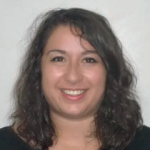 Abraham Moss Community School
Abraham Moss Community School
Moving Advanced Bilingual Learners Along the ‘Language Continuum’ – Practical Strategies & Theory inspired by Pauline Gibbons
Access Hannah’s Resources (Members)
(KS3 / KS4 / Teacher Development)
Abstract
Key words: Secondary, advanced bilingual learners, contextualized literacy learning in the curriculum
The workshop will explore strategies and theory inspired by the work of Pauline Gibbons. This will include strategies to support exploratory talk, performance, text deconstruction and collaborative reconstruction. This will be a practical session, which will provide participants with a range of strategies that can be used to support the academic literacy of later stage bilinguals. The session will explore how to support learners with understanding of text genre, structure and register. There will be a sharp curriculum focus and clear examples of how the strategies can be incorporated into staff training.
Biographical notes
Hannah Issa began her career as a drama teacher and joined the EAL team at Abraham Moss in that role. Since that time, she has worked hard to develop her linguistic subject knowledge with the support of EAL teacher mentors. She has a particular interest in helping mainstream colleagues who struggle to teach EAL learners to become proficient users of English. She is currently the school’s Literacy Coordinator and a large part of her work focuses on contextualised literacy teaching across the curriculum. The majority of pupils (96%) at Abraham Moss are EAL learners.
Return to Contents
Inderjit Soor
Doncaster Virtual School
What works for new to English EAL pupils? (Strategies through L1 use)
Access Inderjit’s Resources (Members)
(KS1 / KS2)
Abstract
Key words: Primary, new to English
This workshop will give participants a range of strategies to use in mainstream classrooms based on evidence informed practice. The use of Cummins quadrant will be the thread that runs through a series of activities the presenter has used in her classroom practice resulting in outstanding outcomes for EAL and non-EAL pupils.
For educational professionals teaching students who cannot speak English can be seen as ‘problem’ within the educational setting (Safford and Drury, 2013), this workshop will focus on strategies teachers can use to engage EAL pupils and develop language acquisition through the school curriculum.
Biographical notes
Inderjit Soor works as a Senior Raising Achievement Officer in the Doncaster Virtual School, specialising in EAL. She has worked in multicultural, inner city, education establishments gaining a wealth of effective teaching and learning strategies that has resulted in outstanding outcomes for the pupils she has taught. Her work as a Deputy Headteacher and LA consultant in Leeds, Bradford, Norfolk and most recently Doncaster has enabled her to work at a strategic level to embed policy and practice that has had a significant impact on raising standards for EAL/pupils.
Return to Contents
Therese O'Sullivan
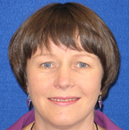 Leeds City Council
Leeds City Council
Leeds Meets Shakespeare: Using drama to promote vocabulary development for young EAL learners
(Ks1 / KS2)
Abstract
Key words: KS1/KS2, oracy and literacy through drama
In this workshop, the outcomes of an exciting drama project which took place in Leeds schools recently will be shared. The project achieved its aims of accelerating the progress of EAL learners through drama and increasing teacher confidence in using drama to support the teaching of oracy and literacy.
The presenter will share her practical experience of working with two Shakespeare plays and delegates will have the opportunity to try out some of the drama strategies which were particularly effective. Details of a free online resource pack which includes planning and resources for teaching both ‘The Tempest’ and ‘A Winter’s Tale’ will be shared with delegates. Whilst the project was based in Y1, the approaches and strategies suggested are applicable to all year groups in primary schools.
Biographical notes
Therese O Sullivan is a Learning Improvement consultant in the Learning Improvement Team at Leeds City Council (LCC). She has worked within this field at LCC for 12 years following many years of teaching experience in the classroom and at senior management level. She is an experienced trainer and specialist in the area of English as an additional language pedagogy and practice. Within this broad area she provides expert support and guidance for schools on: strategies for increasing attainment for both new to English and advanced learners of English, developing outstanding provision for EAL learners in EYFS, building on cultural capital through culturally inclusive learning, making the maths curriculum EAL friendly, language development across the curriculum and meaningful approaches to teaching grammar as part of the writing process.
Return to Contents
Jane Andrews with Maryam Almohammad and Karen Thomas
UWE / Portsmouth EMAS
Creative Arts and Supporting EAL Development: Whole School, Learner and Subject Level Approaches
([All age/phases)
Abstract
Key words: Cross phase, Creative Arts approaches to developing EAL
From 2017 to 2018, Jane Andrews and Maryam Almohammad collaborated with school-based staff in the south-west of England to develop creative approaches to supporting children developing EAL in primary and secondary schools. The project was funded by the Arts & Humanities Research Council and was a follow-on project from a larger study which explored how creative techniques ranging from textiles, music, crafting, dance to poetry (in different languages) can provide a common language to support identities, languages and self-esteem. In this workshop they offer some hands-on experiences of the tried and tested arts-based activities and share the outcomes of the research.
Biographical notes
Dr Jane Andrews teaches and researches at the University of the West of England and her work focuses on languages and education with a particular focus on multilingualism and children’s perspectives on their languages. Jane teaches on modules relating to languages and learning on an Early Childhood Studies degree as well as initial teacher education programmes. Jane’s previous research has explored home-school communications and learning, children’s voices and the uses of arts-based methods in social research.
Dr Maryam Almohammad is a research associate at the University of the West of England on the Creating Welcoming Learning Environments project funded by the Arts & Humanities Research Council. Maryam has a strong interest in languages, identities and the arts in research.
Karen Thomas works for Portsmouth Ethnic Minority Achievement Service (EMAS, recently renamed ‘EAL Portsmouth’) and has been the team’s Manager and Lead Adviser for the past three years. An English Language and Literature graduate, she has taught extensively in both junior and secondary schools. She originally came from a TEFL background, teaching English in both Greece and the UK for several years. Karen also has extensive experience and expertise in the adult and family learning world.
Return to Contents
 Jonathan Bifield | City of Leicester College
Jonathan Bifield | City of Leicester College
(All age / phases)
EAL: Approaches and Strategies to Teaching Vocabulary
 Hamish Chalmers | University of Oxford | @hwc001
Hamish Chalmers | University of Oxford | @hwc001
(Teacher Development)
The Informed Choices Project – Assessing the trustworthiness of educational claims: lessons from Ugandan school children
 Harriet Crossley | Bowling Park Primary School, Bradford
Harriet Crossley | Bowling Park Primary School, Bradford
(KS2 / Teacher Development)
Guided Writing – Breaking the glass ceiling on attainment: Who were the Brontes?
 Graham Hall | Northumbria University | @ghinwhitleybay
Graham Hall | Northumbria University | @ghinwhitleybay
(KS3 / KS4)
The experiences of secondary level students who have EAL: thinking through a case-study’s implications

 Lisa Maria Müller & Emma Marsden | University of York | @limamue
Lisa Maria Müller & Emma Marsden | University of York | @limamue
(Teacher Development)
Online and open-access research summaries for the language classroom – the OASIS project
 Katherine Solomon | The Bell Foundation
Katherine Solomon | The Bell Foundation
(EYFS)
Assessing proficiency in English of EAL learners within Early Years Foundation
Return to Contents
Student Voice
Informing EAL Practice and Research
Therese O’Sullivan | Leeds City Council
Emily Garratt | Milton Keynes EMA Network
Return to Contents
Round Table
Naomi Flynn | NALDIC Executive & Associate Professor, University of Reading | @naomiflynn61
Cecile deCat | Professor of Linguistics, University of Leeds | @ceciletje
Claudine Bowyer-Crane | Senior Lecturer, University of York
Helen Sadig | Excellence and Innovation Fellow, University of Leeds
Kelly Wilkinson | Headteacher, Malton Community Primary School
Return to Contents
Exhibition
The following organisations had stands on the day:
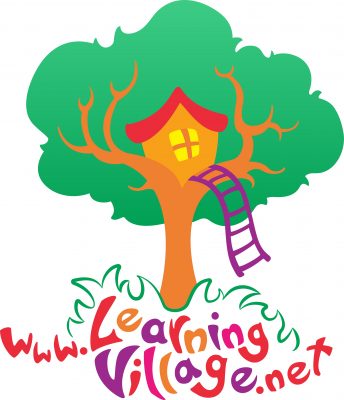 Across Cultures – Learning Village
Across Cultures – Learning Village


